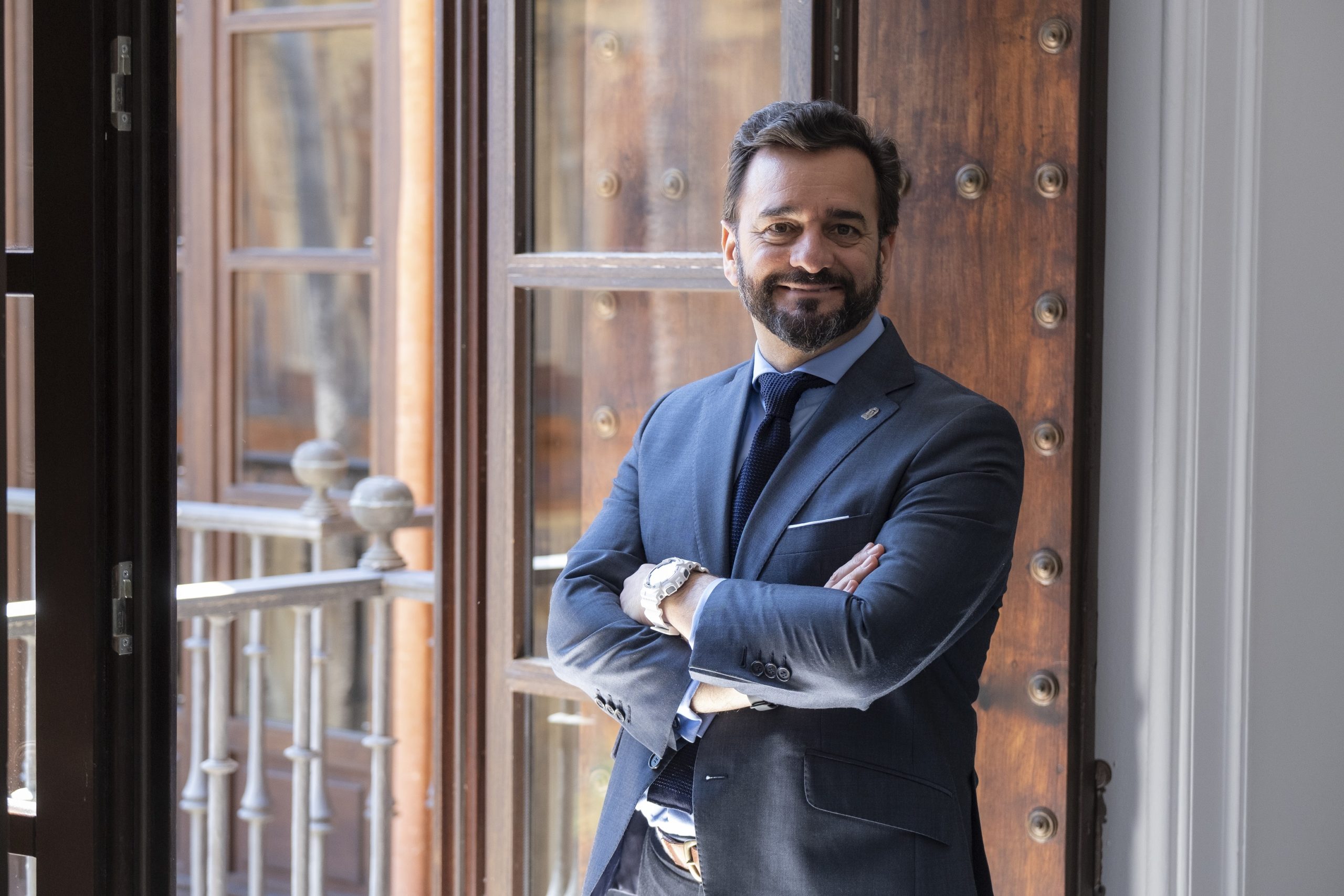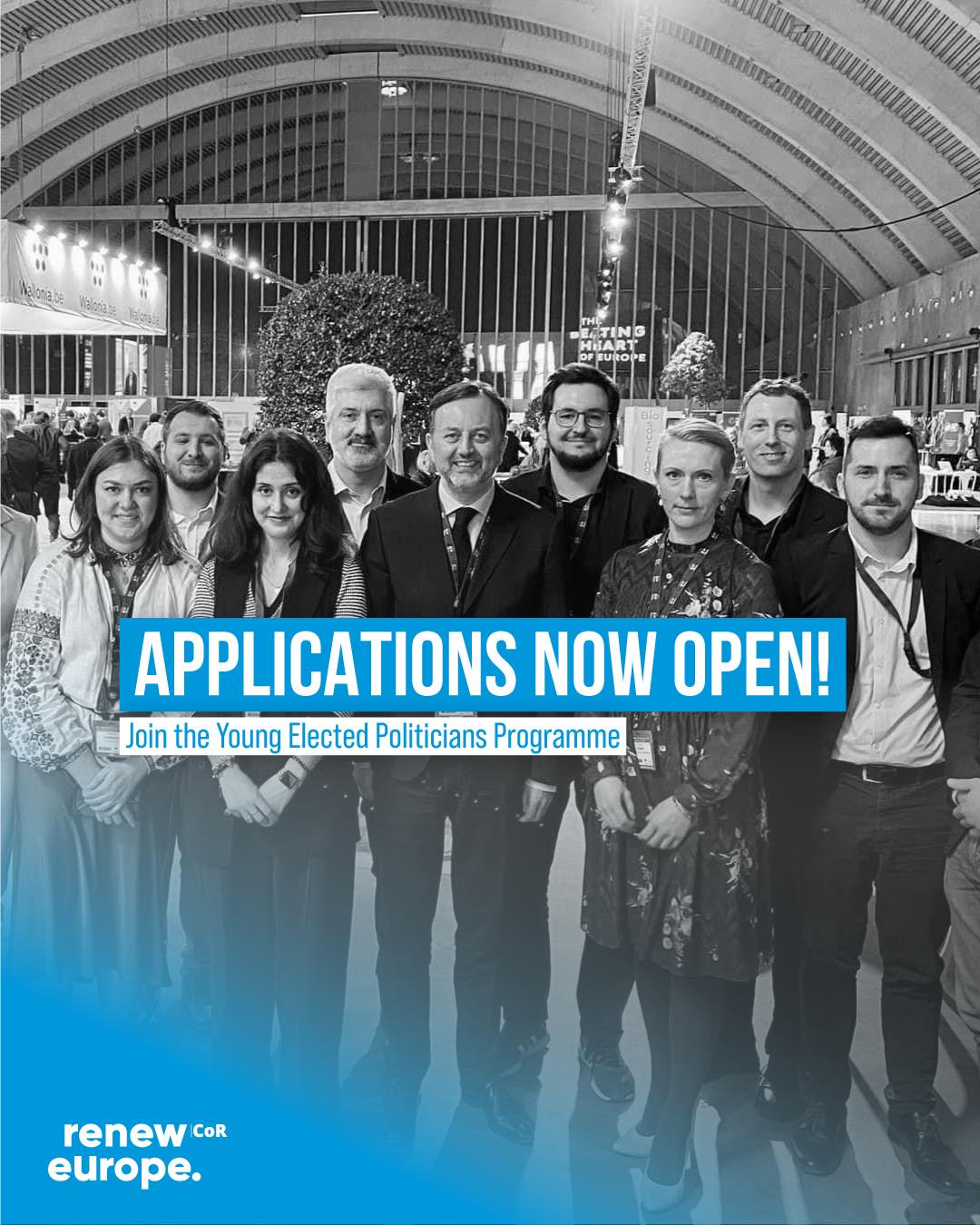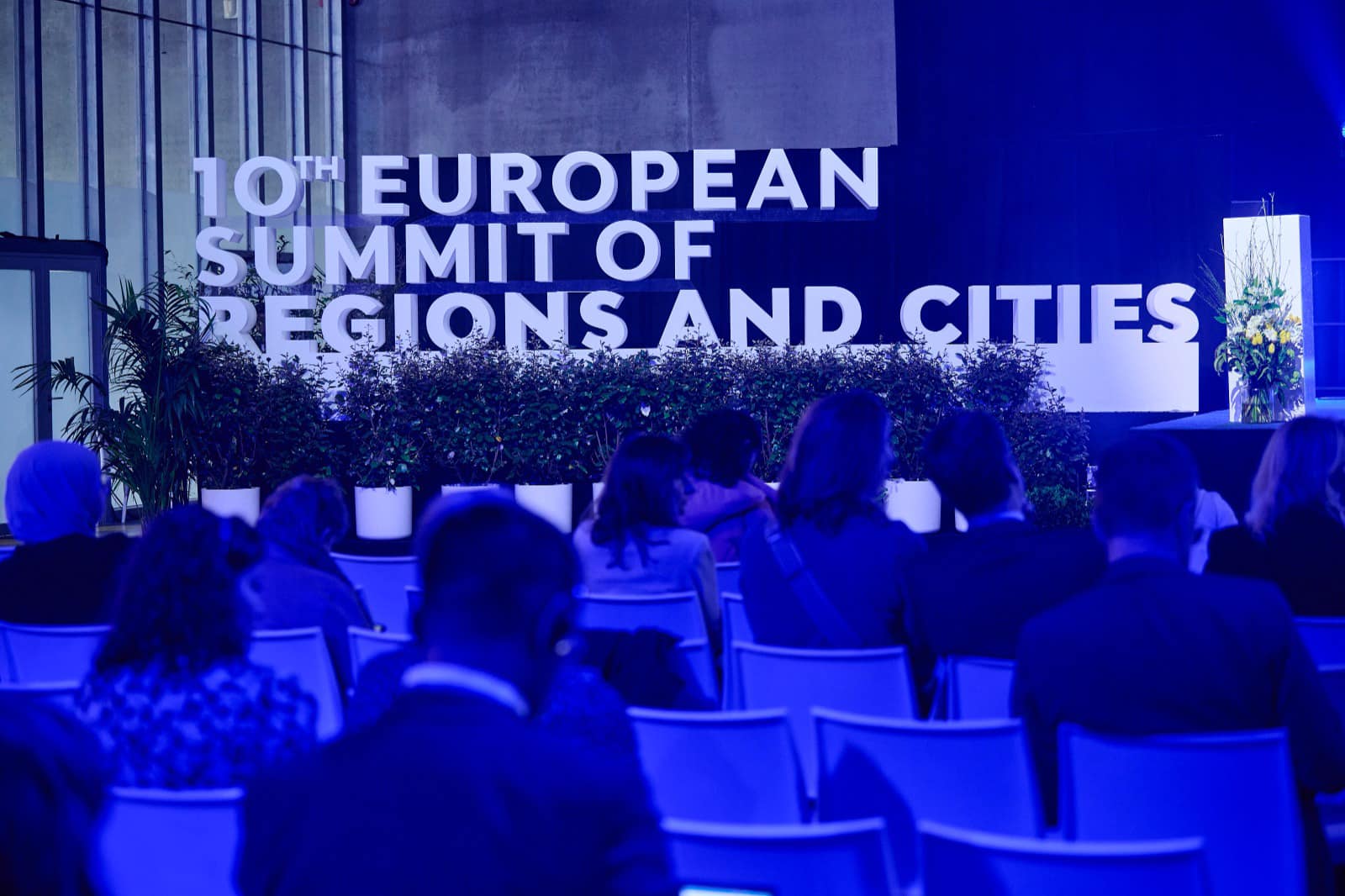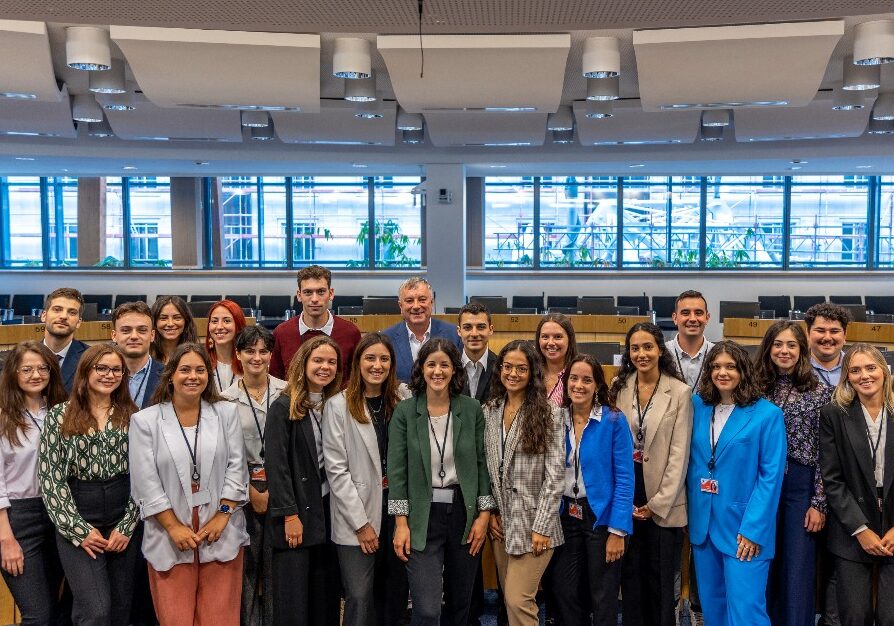Your region matters: After decades of corruption and erosion of trust, Andalusia’s new anti-corruption law and the building of a government to root out corruption is initiating a remarkable turnaround.
Bad government, corruption… few things undermine citizens’ trust in government, democracy or political representatives more. So, imagine a region such as Andalusia, going from one scandal to another for the past few decades, even being at the center of the largest corruption case in Spanish history, with hundreds of people indicted in the ERE scandal — which saw members of the previous Andalusian administration allegedly divert hundreds of millions of euros in public funds, meant to help the unemployed and companies in difficulty.
Not surprisingly, Andalusia also has the lowest quality of government score of all Spanish regions. According to the European Quality of Government Index (the EQI) — the largest survey ever undertaken to measure perceptions of quality of government, focusing on impartiality of public power, corruption (no abuse of public office for private gain) and quality (that public services are perceived as high quality) — Andalusia sits at the bottom in comparison with all Spanish regions. To restore citizens’ trust and return to good governance, tackling corruption became a matter of utmost importance — and urgency.
Turning the page under new leadership
From the start of the new coalition government, the fight against corruption in Andalusia was therefore very high on the agenda of Spanish liberal party Ciudadanos.
Having a new law against political corruption in Andalusia would be “to apologize to thousands of Andalusians who have lost many opportunities for years” said Juan Marin, currently the regional minister of tourism, regeneration, justice and local administration.
So, it was no small feat that on June 9, the new anti-corruption law was voted in the Andalusian parliament, although it took a little bit longer than anticipated. Any legislative procedure has a minimum duration of 265 days in Andalusia. In this case, the process, due to the pandemic situation, has been lengthened further due to the paralysis of administrative procedures. Notwithstanding this, the law was supported by a broad consensus although the PSOE (S&D) and Adelante Andalucía (GUE/NGL) abstained
says Manuel Alejandro Cardenete, deputy minister of tourism, regeneration, justice and local administration, and Renew Europe member in the European Committee of the Regions.
This new rule will prevent people indicted or convicted of corruption or who have bank accounts in tax havens from holding public office. It establishes a regime of protection and fight against fraud and corruption in the actions of the General Administration of the Regional Government of Andalusia, its instrumental entities and institutions.
The law also sets up the creation of an Anti-Fraud Office, a specific instrument to prevent, investigate and combat fraud and corruption, and to protect the persons who report irregularities to it. Its functions will be to carry out investigations and inspections, to collaborate in training in prevention, to process complaints, to protect the rights of complainants, and to initiate, investigate and resolve sanctioning procedures.
Cardenete:
The approval of this law is just the first big step, as per the regulations. “There is now a period of six months for approving internal regulations and kicking off the work of the office by appointing a new director. We look to establish connections and coordination systems between similar counterparts in other EU regions as soon as possible. The government of Andalusia also offers help to any region or municipality that wishes to develop its own anti-fraud office with protection for the whistleblower.
With this law, Spanish liberals in Andalusia are taking the lead in restoring good governance. In these trying times, there is an overall increase in the perceived quality of government of European regions, and that citizens’ worries about the effects of the COVID-19 pandemic are closely linked with regional corruption. The reality is that the strength of the European Union is dependent on how well it functions on the ground and, as long as there is corruption and mismanagement of taxpayer’s money at subnational level, the necessary investments in critical infrastructure for the new decarbonized economy, or the transition to a digital economy will suffer, undermining the ability of the EU to compete on a global scale. For the Renew Europe Group in the European Committee of the Regions the quality of democracy at all levels is a top priority, and the Andalusian example is one of many ways that our members work to improve democracy at local and regional levels.





